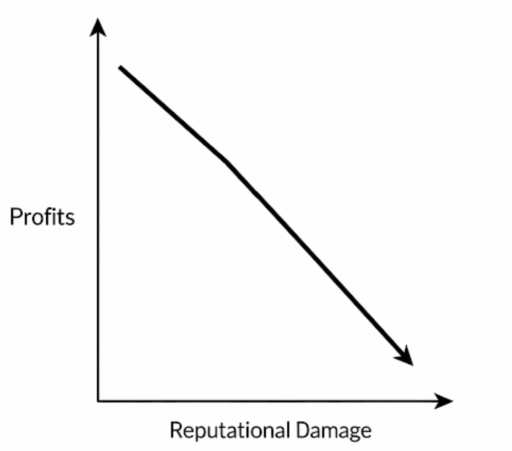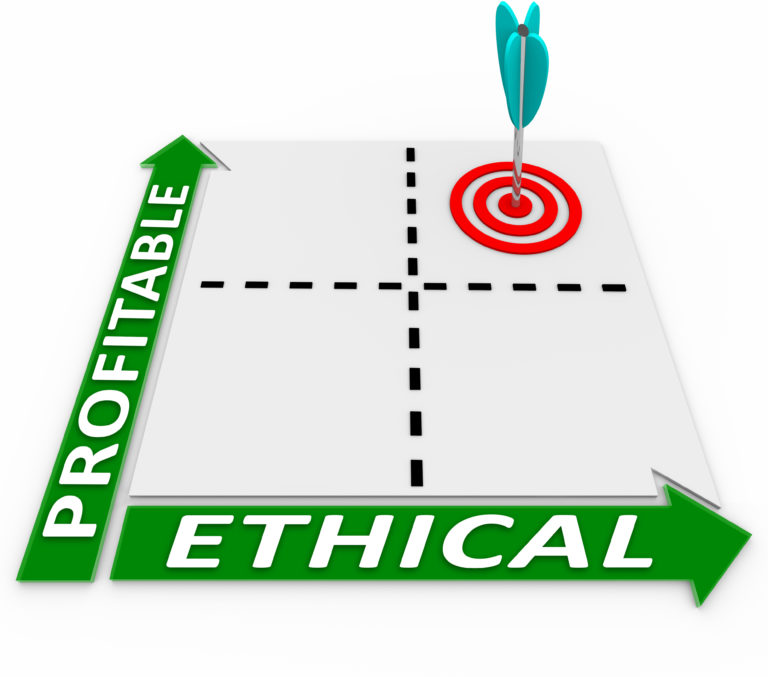
In the intricate machinery of any organization, a culture of open communication acts as vital lubrication, preventing friction and ensuring smooth operation. Conversely, a culture of silence, where misconduct goes unreported, can lead to catastrophic breakdowns. The costs associated with this silence are not just ethical; they are profoundly financial and can inflict irreparable damage on an organization’s reputation.
The consequences of ignoring or suppressing internal wrongdoing are far-reaching. The Association of Certified Fraud Examiners’ “Report to the Nations: Global Study on Occupational Fraud and Abuse” found that the median loss caused by occupational fraud cases was $125,000. Notably, the study also highlighted a strong correlation between the duration of the fraud and the magnitude of the loss, discovering that fraud that lasted for over 60 months resulted in a median loss of $740,000, while fraud that lasted for under 6 months resulted in a median loss of $50,000. This underscores the critical importance of early detection, which is often reliant on employees feeling safe and empowered to speak up.
Beyond direct financial losses from fraud, unreported misconduct can trigger significant legal and regulatory repercussions. A case in point is the Wells Fargo account fraud scandal in which over 2 million unauthorized accounts were opened due to the immense pressure put on employees to cross-sell products to customers. The scandal resulted in billions of dollars in fines, numerous lawsuits, and a severe blow to the company’s reputation, demonstrating the staggering financial and reputational costs of a culture where unethical behavior was either encouraged or went unreported due to fear of retaliation. In fact, during the Wells Fargo hearing by the United States Senate Committee on Banking, Housing, and Urban Affairs, Senator Sherrod Brown emphasized, “…there must be a reliable way for legitimate complaints to end up in the C-suite rather than the circular file.”
The reputational damage stemming from unreported misconduct can be particularly insidious and long-lasting. In today’s hyper-connected world, negative news travels fast and can significantly erode customer trust, investor confidence, and the ability to attract and retain talent. A survey by Weber Shandwick found that global executives ‘“attribute 63% of their company’s market value to their company’s overall reputation.”’ Conversely, a damaged reputation due to ethical lapses and a perceived failure to address them can lead to boycotts, decreased sales, and a decline in stock prices. The study emphasized that stakeholders increasingly prioritize ethical behavior and social responsibility when making decisions about where to spend their money or invest.
The fear of retaliation is a significant barrier to reporting misconduct. Employees may worry about demotion, termination, or other forms of reprisal if they speak up. This fear creates a vicious cycle where misconduct continues unchecked, leading to greater financial losses and reputational harm over time. Organizations that fail to establish and actively promote safe and confidential reporting channels inadvertently contribute to this costly silence.
Implementing robust ethics and compliance programs with effective anonymous reporting mechanisms is not just a matter of good governance; it’s a crucial risk mitigation strategy. By providing employees with a secure and confidential way to voice concerns without fear, organizations can:
* Detect misconduct early: Allowing for timely intervention and minimizing financial losses.
* Prevent legal and regulatory violations: Addressing issues before they escalate into costly investigations and penalties.
* Protect their reputation: Demonstrating a commitment to ethical conduct and fostering trust with stakeholders.
* Cultivate a culture of accountability: Signaling that unethical behavior will not be tolerated and that employees play a vital role in maintaining integrity.
In summary, the “cost of silence” regarding workplace misconduct is substantial and multifaceted, encompassing significant financial losses, crippling legal repercussions, and lasting reputational damage. Organizations that fail to foster a culture of open communication and provide safe avenues for reporting do so at their own peril. By prioritizing ethical conduct and empowering employees to speak up, businesses can not only uphold their values but also safeguard their bottom line and their standing in the eyes of the world.
Reach Us
Red Flag Reporting
P.O. Box 4230, Akron, Ohio 44321
Tel: 877-676-6551
Fax: 330-572-8146



